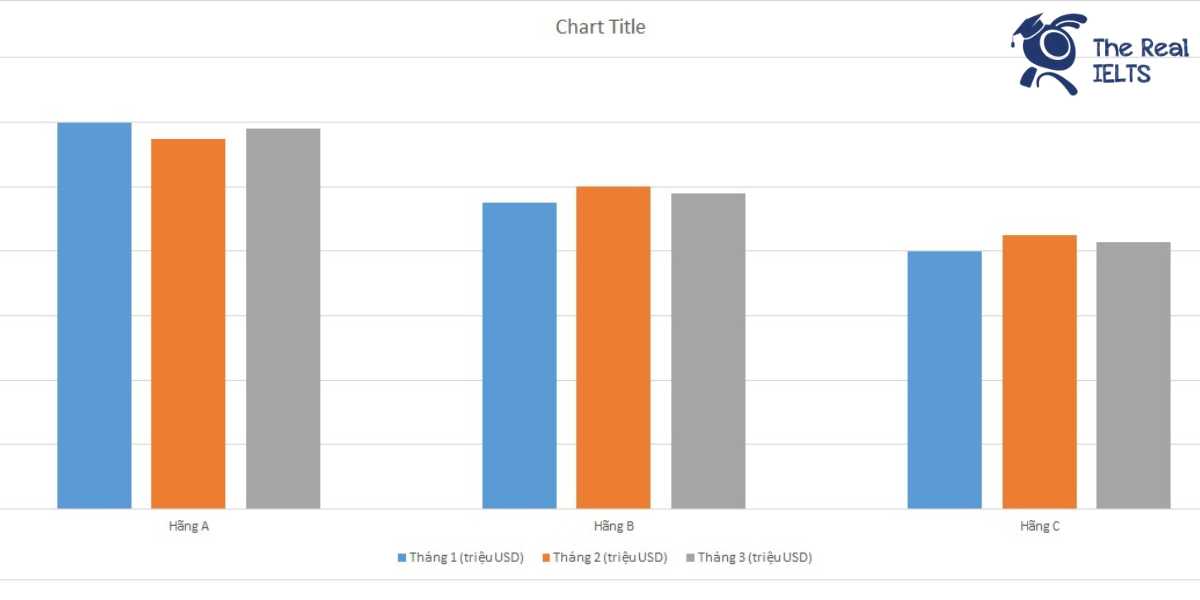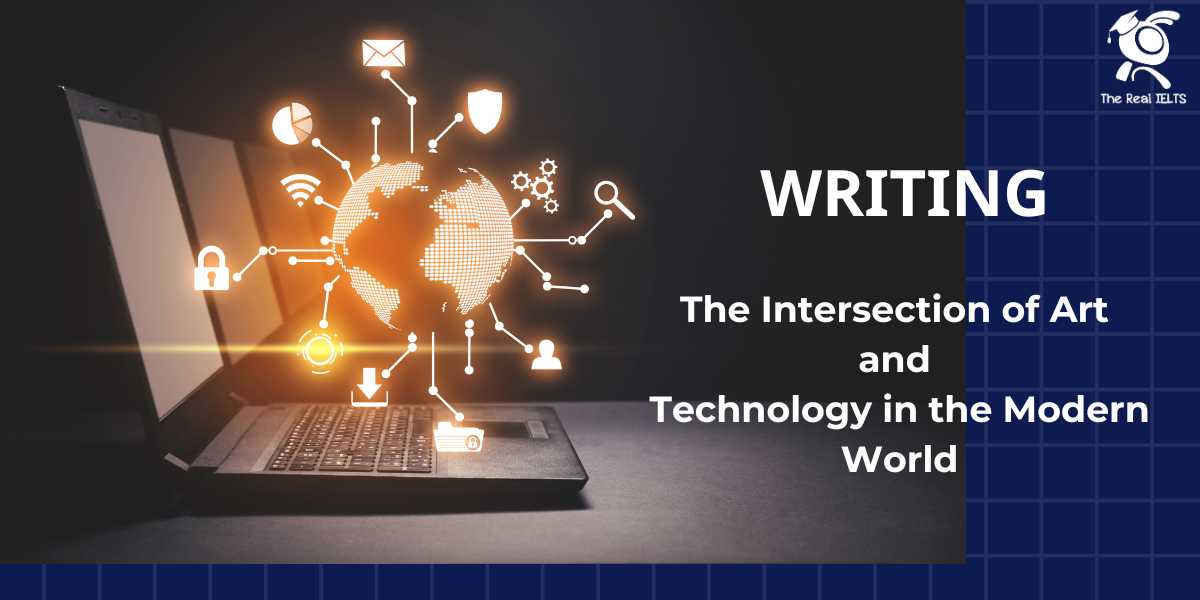IELTS Reading 84: The impact of the internet on the entertainment industry là chủ đề thuộc chuỗi bài luyện tập 11 dạng bài IELTS Reading và các bài tập luyện tập.
Học lại bài cũ: IELTS Reading 83: The development of the film industry.
IELTS Reading: The impact of the internet on the entertainment industry
The entertainment industry has undergone dramatic changes over the past two decades, and the internet has played a pivotal role in reshaping how content is created, distributed, and consumed. Previously, entertainment mediums like cinema, television, and radio were the primary sources of content for audiences around the world. However, the rise of the internet has shifted the industry toward a digital-first model, profoundly affecting the way people engage with entertainment.
One of the major transformations is the accessibility of content. Online streaming services such as Netflix, YouTube, and Spotify allow consumers to access movies, series, and music from any location, at any time, breaking free from traditional broadcasting schedules. This ease of access has not only increased the amount of content consumed but also fostered a globalized culture where media from one region can quickly spread to others. Viewers and listeners now have unprecedented control over what they watch and listen to, leading to a demand-driven model rather than the traditional producer-driven one.
In addition, the internet has influenced the way entertainment is produced. Social media platforms and video-sharing websites have made it easier for individuals and small companies to create and distribute content without the need for major production studios. Independent artists and filmmakers, who previously struggled to reach audiences, now have the opportunity to build their own fan bases online. This shift has led to a surge in the production of diverse, niche content, catering to various tastes and preferences.
The internet has also changed the monetization strategies in the entertainment industry. Advertising, subscription models, and pay-per-view options are now commonly used by online platforms to generate revenue. YouTube, for example, shares advertising revenue with content creators, which has become a significant income source for many influencers. Streaming services use subscription models that provide predictable revenue streams, enabling them to invest in original content and compete with traditional media outlets.
Moreover, the internet has transformed audience interaction. Social media enables fans to connect directly with their favorite artists, actors, and content creators. This level of interaction not only builds stronger connections between audiences and creators but also influences the content itself. Many creators gather feedback directly from their followers to shape future projects, resulting in a collaborative environment between the artist and the audience.
However, these advancements have also brought challenges. Piracy has become a significant issue, as it is easier than ever to illegally download or stream copyrighted material. This has had a detrimental impact on revenue for artists and content creators, who often struggle to protect their work from being distributed without permission. Moreover, traditional media companies have had to adapt to survive in this new digital landscape, investing heavily in digital transformation to compete with online services.
In conclusion, the internet has undeniably revolutionized the entertainment industry. By providing unprecedented access to content, fostering independent creation, reshaping monetization models, and enhancing audience interaction, it has led to a more dynamic and democratized industry. Yet, these benefits come with challenges that require ongoing adaptation and regulation.
Questions
- Multiple Choice
What has the internet primarily shifted in the entertainment industry?
A. The focus on traditional broadcasting
B. The way content is created and distributed
C. The necessity of major production studios
D. The revenue models of television networks - True/False/Not Given
Streaming services have limited access to entertainment content compared to traditional media. - Yes/No/Not Given
The rise of social media has had no impact on how artists connect with their audience. - Matching Information
Match the following statements to the appropriate paragraph:
a. The impact of piracy on revenue
b. The role of social media in content creation
c. How streaming services generate revenue - Matching Headings
Choose the correct heading for each paragraph: - Matching Sentence Endings
Complete the sentences:
a. The internet allows consumers to…
b. Independent creators can now…
c. Revenue from advertising has… - Sentence Completion
The shift to a digital-first model has resulted in _______ for audiences around the world. - Summary Completion
The internet has transformed the entertainment industry by providing _______ access to content and enabling _______ creation of diverse media. - Diagram Label Completion
Complete the labels for the diagram showing the relationship between the internet and the entertainment industry:- _______ (Impact on content access)
- _______ (Influence on production)
- _______ (Change in monetization strategies)
- Short Answer Questions
What are some examples of online streaming services mentioned in the text? - Table/Flowchart/Note Completion
Complete the table with the following headings:
- Aspect: Access, Production, Monetization
- Changes: __________, __________, __________
Đáp án
- Multiple Choice
B. The way content is created and distributed - True/False/Not Given
False (Streaming services have increased access to entertainment content compared to traditional media.) - Yes/No/Not Given
No (The rise of social media has had a significant impact on how artists connect with their audience.) - Matching Information
a. The impact of piracy on revenue – Paragraph 5
b. The role of social media in content creation – Paragraph 4
c. How streaming services generate revenue – Paragraph 3 - Matching Headings
- The Digital Transformation of Entertainment
- Accessibility and Globalization of Content
- Independent Creation and Diverse Content
- Challenges of the New Digital Landscape
- Matching Sentence Endings
a. The internet allows consumers to access content from any location, at any time.
b. Independent creators can now build their own fan bases online.
c. Revenue from advertising has become a significant income source for many influencers. - Sentence Completion
The shift to a digital-first model has resulted in increased accessibility for audiences around the world. - Summary Completion
The internet has transformed the entertainment industry by providing unprecedented access to content and enabling the independent creation of diverse media. - Diagram Label Completion
- Increased accessibility (Impact on content access)
- Rise of independent creators (Influence on production)
- Diverse monetization strategies (Change in monetization strategies)
- Short Answer Questions
Examples of online streaming services mentioned in the text include Netflix, YouTube, and Spotify. - Table/Flowchart/Note Completion
- Aspect: Access, Production, Monetization
- Changes: Increased availability of content, Easier for individuals to create and distribute, Adoption of subscription models and advertising revenue















